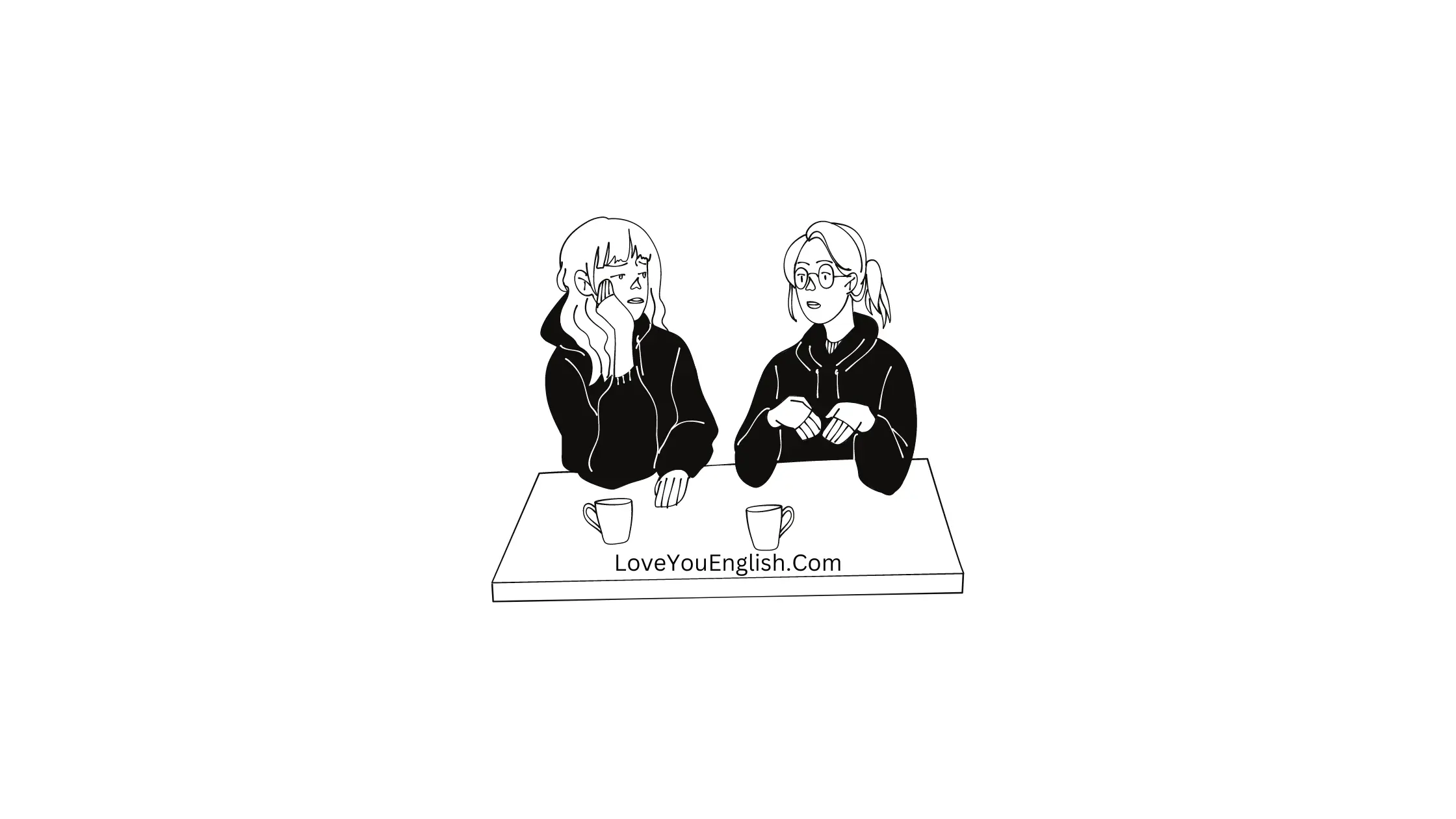Astrology is a popular topic of conversation in many cultures. People often enjoy talking about zodiac signs, personality traits, and daily horoscopes with friends and family. For English learners, discussing astrology can be a fun and engaging way to practice speaking skills while learning new vocabulary related to personality, predictions, and beliefs.
In this blog post, you will explore English dialogues about astrology, including conversations about zodiac signs and horoscopes. These simple and practical examples will help you learn useful phrases, ask questions confidently, and express opinions clearly. Whether you are practicing for classroom discussions, improving everyday speaking skills, or preparing for social conversations, these dialogues will help you speak more naturally and confidently.
Table of Contents
ToggleEnglish Dialogues About Astrology
Ava: Hey, do you believe in astrology?
Ben: Hmm, I’m not sure. I think it’s interesting, but I don’t really believe it affects my life. What about you?
Ava: I’ve always been curious about it. I read my horoscope sometimes. I’m a Leo. It says I’m confident and like to be in charge. Do you know your sign?
Ben: Yeah, I’m a Scorpio. It says I’m passionate and mysterious. But I don’t know if it’s true.
Ava: I think some things are true. Like, I do feel confident sometimes, but maybe it’s just my personality. Do you check your horoscope every day?
Ben: Not really. Just once in a while. But sometimes it’s fun to see what it says. Do you think it can really predict the future?
Ava: I’m not sure. I think it can give advice or tell you about your strengths and weaknesses, but predicting the future? That sounds tricky.
Ben: Yeah, I agree. It’s fun to read about it, but I don’t take it too seriously.
Ava: Same here! It’s just something interesting to talk about. Maybe we should check our horoscopes together sometime!
Ben: That sounds fun! Let’s do it.
English Dialogues About Astrology
Lily: Do you know your zodiac sign?
Jack: Yes, I’m a Capricorn. What about you?
Lily: I’m a Virgo. I’ve always found it interesting how people say your sign can tell you a lot about your personality.
Jack: I’ve heard that too! My Capricorn traits are supposed to be serious, hardworking, and patient. I think that’s true for me.
Lily: I can see that! Virgos are supposed to be detail-oriented and practical. I think I am like that, but I also like being organized. Do you ever read your horoscope?
Jack: Sometimes, but I don’t always believe it. I think it’s fun, though. Do you follow yours?
Lily: I do! I like reading it in the morning to see if it gives me any advice for the day.
Jack: That’s a good idea. I think astrology is fun to think about, but I don’t think it controls everything in my life.
Lily: I agree! It’s just a fun way to learn more about ourselves and others.
Jack: Exactly! It’s like a little mystery to explore.
English Dialogues About Astrology
Sophie: Do you believe in astrology?
Tom: I’m not sure. I think it’s interesting, but I don’t really follow it. What about you?
Sophie: I do a little! I always check my horoscope in the morning. I’m an Aquarius. It says I’m independent and creative, which I think is true.
Tom: I’m a Taurus. It says I’m patient and reliable. I guess that fits me too, but sometimes it feels too general.
Sophie: Yeah, I get that. Some of the traits feel true, but I think everyone is different, no matter their sign.
Tom: I agree. I like reading about astrology, but I don’t think it can tell me everything about my life.
Sophie: Same here! It’s fun to think about, though. Maybe we should find out more about our moon signs!
Tom: That sounds interesting! I didn’t know there were moon signs. I’ll have to look it up.
Sophie: I’ll send you a link! It’s always fun to learn more about astrology.
English Dialogues About Astrology
Ava: Do you believe in astrology?
Ben: I’m not completely sure, but I find it interesting.
Ava: I like reading my horoscope sometimes. I’m a Leo.
Ben: That’s nice. I’m a Scorpio. It says we are passionate.
Ava: Do you think your zodiac sign matches your personality?
Ben: A little, but not always. What about you?
Ava: Some traits feel true, but I think everyone is different.
Ben: I agree. Astrology is fun, but I don’t take it seriously.
Ava: Same here. It’s just interesting to talk about.
Ben: Yes, and it’s a good conversation starter!
Key Phrases Used in the Dialogues
-
Do you believe in astrology? – asking someone’s opinion
-
I’m not sure. – expressing uncertainty
-
I’ve always been curious about it. – showing interest
-
Do you know your zodiac sign? – starting an astrology-related conversation
-
I’m a Leo / Virgo / Capricorn / Aquarius / Taurus. – talking about zodiac signs
-
It says I’m… – referring to horoscope descriptions
-
I think that’s true for me. – agreeing with a description
-
I don’t know if it’s true. – expressing doubt
-
Do you check your horoscope? – asking about habits
-
Once in a while. – talking about frequency
-
I don’t take it too seriously. – showing a relaxed attitude
-
It’s fun to read about it. – expressing enjoyment
-
I agree. – agreeing politely
-
It’s just something interesting to talk about. – casual opinion
-
That sounds fun! – reacting positively
-
It’s a fun way to learn more about ourselves. – giving a balanced view
